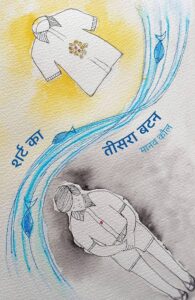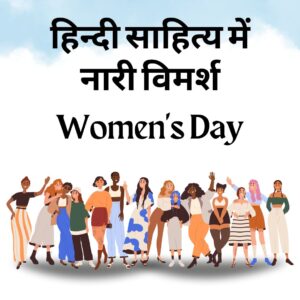Below are the list of popular authors in the discipline of mass communication and their concepts or ideas. These type of questions are always asked in UGC NET exam conducted by NTA.
| S. no. | Authors | Idea/concept |
| 1. | Roland Barthes | Anchorage |
| 2. | Stuart Hall | Negotiated Code |
| 3. | John Fiske | Communication test |
| 4. | F Parkin | Radical System |
| 5. | Guy Debord | Society of spectacle |
| 6. | Theodor Adorno | Media as cultural Industry |
| 7. | James W Carey | Ritual view of communication |
| 8. | Umberto Eco | Mediated hyper-reality |
| 9. | EF Schumacher | Intermediate technology |
| 10. | Julius Nyrere | Popular Participation in development |
| 11. | Mahatma Gandhi | Basic needs fulfillment |
| 12. | Robert Hornik | Change in power relations for development |
| 13. | Daniel Lerner | Modernizing variables and Empathy |
| 14. | Robert McNamara | Integrated rural development |
| 15. | Ryan and Gross | Diffusion of innovation |
| 16. | EM Rogers | Change agent and Laggards |
| 17. | Donald Shaw and Maxwell McCombs | Priming |
| 18. | Antonio Gramsci | Coercion and consent |
| 19. | Wilbur Schramm | Frames of reference |
| 20. | George Gerbner | Resonance |
| 21. | WW Rostow | Growth Theory |
| 22. | Shannon and Weaver | Entropy |
| 23. | Marshall McLuhan | Medium is the Message |
| 24. | Herbert Spencer | Evolutionary Perspective |
| 25. | John Fiske | Popular culture and TV |
| 26. | Henry Jenkins | Fan Culture |
| 27. | Michael Foucalt | Omnipresence of power |
| 28. | Jacques Derrida | Deconstruction of text |
| 29. | Dependency | Sandra Ball-Rokeach and Melvin DeFleur |
| 30. | Daniel Bell | Post- industrial society |
| 31. | J. Habermas | Public Sphere |
| 32. | Alvin Tottler | Third Wave |
| 33. | Joseph Schumpeter | Austrian School |
| 34. | Thorstein Veblen | Technological Determinism (coined the term) |
| 35. | Daniel Boorstin | Simulation theory |
| 36. | Noam Chomsky | Flak |
| 37. | Philip Schlesinger | Mythical time factor |
| 38. | Denis McQuail | Technological Determinism |
| 39. | Leon Festinger | Cognitive dissonance |
| 40. | Wilbur Schramm | Circular Model |
| 41. | Riley and Riley | Ritual Model |
| 42. | Frank Dance | Helical Model |
| 43. | Elizabeth Neuman | Spiral of Silence |
| 44. | Carl Hovland, Arthur Lumsdain and Fred Sheffield | Sleeper effect |
| 45. | Ignace Gelb | Grammatolozy |
| 46. | Antonio Gramsci | Hagemony |
| 47. | Dallas Smythe | Cultural Screen |
| 48. | J.H Altschull | Media- the agents of power |
| 49. | F. Lyotard | Postmodernism |
| 50. | Thomas Kuhn | Concept of Paradigm |
| 51. | M. K Gandhi | Trusteeship of society |
| 52. | L. R Beltran | Ideological constraints of development |
| 53. | J. Scott | Saftey first principle |
| 54. | Amartya Sen | Idea of justice |
| Personalities | Focused Area |
| Jacques Derrida | Dismantling structure in text |
| Noam Chomsky | Text linguistics |
| Van Dijk | Discourse analysis |
| Ferdinand de Saussure | Network of signs |
| Elihu Katz | Influence of opinion leaders |
| Cl Hovland | Limited persuasive effect of media |
| Joseph T Klapper | Selective exposure |
| P Lazarsfeld | Voter Study |
| Durga Das | Political commentator |
| Mario Miranda | Cartoonist |
| CY Chintamani | Editor |
| Melvil Demellow | Broadcaster |
| Volney B Palmer | Advertising |
| Tim Berners Lee | Web |
| Joseph Pulitzer | New Journalism |
| DW Griffith | Film |
| Model | Proponent |
| Hierarchy of effects | Rice and Atkin |
| Audience-centred social marketing theory | Brenda Dervin |
| Mean World Index | George Gerbner |
| Feminist reception studies | Janice Radway |
| Concept | Perspective |
| Media Imperialism | Neo- Marxist |
| New World Information Order | International structuralist |
| Modernization through Communication | Structural Functionalist |
| Participatory Communication | Alternative |















